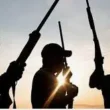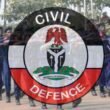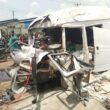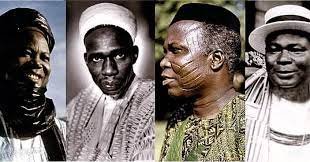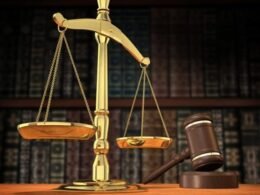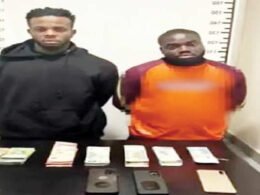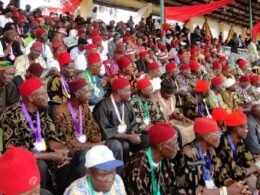Remembering the January 15, 1966 Coup: Eyewitness Account of Tafawa Balewa’s Death
January 15, 2025, marked the 59th anniversary of the first military coup in Nigeria, which led to the tragic death of the country’s first Prime Minister, Alhaji Tafawa Balewa, alongside several other political leaders, including Finance Minister Chief Okotie Eboh.
Aremo Olusegun Osoba, a former Governor of Ogun State and an eyewitness to the events, recalls his role as a young reporter covering the incident for the Daily Times. In a revealing interview first published in 2010, Osoba provides a detailed account of the aftermath of the coup and the controversy surrounding Balewa’s death.
Failures of British Intelligence
Osoba criticized the British intelligence for being oblivious to the looming coup, noting their failure to predict or prevent such a significant upheaval despite the presence of world leaders in Nigeria for the Commonwealth conference. He emphasized the lack of foresight in allowing the British Prime Minister, Harold Wilson, to leave Nigeria just hours before the coup occurred.
Eyewitness Account of Tafawa Balewa’s Body
On January 21, 1966, Osoba received information from the E-Branch of the Nigerian Police Intelligence Department about the discovery of Balewa’s corpse along the Lagos-Abeokuta Road. Acting quickly, he raced to the scene on his Vespa scooter.
Osoba described seeing the bodies of Balewa and Okotie Eboh in a bush near Iyana-Ilogbo. While Balewa’s body appeared fresh with no visible gunshot wounds, Okotie Eboh’s body showed signs of severe mistreatment and had begun decomposing.
Refuting Claims and Controversies
Osoba refuted claims that an autopsy was performed on Balewa’s body, whether at the Lagos University Teaching Hospital (LUTH) or at the site of discovery, citing the unscientific and impractical nature of such assertions. He also dismissed theories suggesting that Balewa died of asthma, arguing that such claims lacked credible evidence.
He strongly defended the accuracy of his 1966 report, noting that it had remained unchallenged for decades. Osoba criticized reliance on British archives or hearsay, advocating for rigorous research based on Nigerian records and firsthand accounts.
Speculations on Foul Play
Osoba suggested the possibility of foul play involving elements of the government at the time, speculating that some individuals may have staged the placement of Balewa’s body to obscure the true circumstances of his death. He argued that the military, having taken power, might have eliminated Balewa to solidify their control, given his role as head of government.
Respect for Islamic Burial Practices
Addressing the controversy over the lack of a state display for Balewa’s body, Osoba explained that Islamic customs prohibit such displays and require prompt burial. He drew parallels to the burials of other Muslim leaders, such as General Murtala Muhammed and General Sani Abacha, whose bodies were also prepared and buried without public exposure.
Call for Further Research
Osoba emphasized the need for future researchers and historians to delve deeper into the events surrounding the coup and Balewa’s death. He criticized the politicization of history and encouraged a focus on facts rather than emotions or unverified claims.
Osoba’s firsthand account remains an essential historical document, shedding light on the tragic and complex events of January 15, 1966. His unwavering commitment to factual reporting underscores the critical role of journalism in preserving the truth amid turbulent times.

